Bikies, drug lords and murderers could face going from star chamber to court
Serious criminals have been given a firm warning with new laws set to make life tougher for those who don’t cooperate. See why.
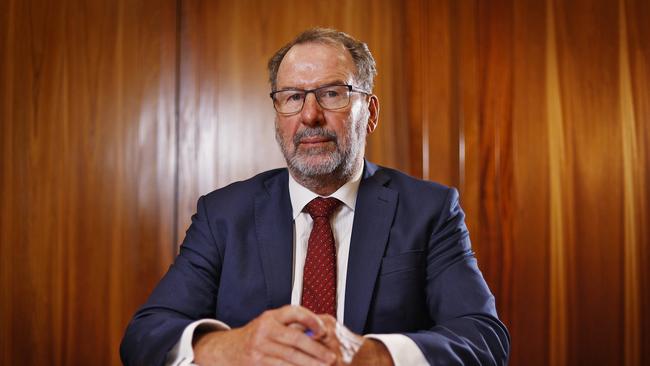
National
Don't miss out on the headlines from National. Followed categories will be added to My News.
EXCLUSIVE
Bikies, drug lords, murderers and organised crime figures refusing to co-operate with one of the nation’s most powerful law enforcement agencies will now face being dragged straight from its secretive star chamber into the Supreme Court.
Serious criminals have been put on notice that there will be swift justice on the back of new laws coming into effect on February 1 — and they could face jail almost immediately.
“We think that will be much more useful,” said the NSW Crime Commission’s Commissioner Michael Barnes.
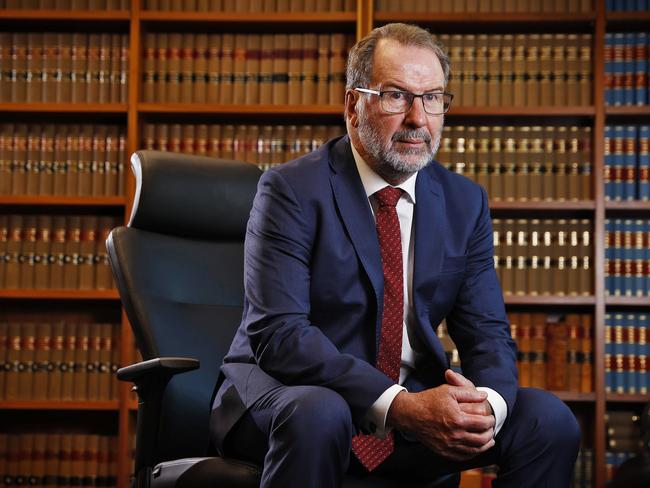
Currently those who refuse to answer questions in a commission coercive hearing are released and charged at a later time. But the delay has, in some instances, allowed suspects to try and flee, destroy evidence or influence other witnesses.
“At the moment it is a weakness in our current mechanism,” Mr Barnes said.
The NSWCC can use its coercive powers to obtain information where traditional law enforcement methods cannot by summoning a person to appear before the commission and give evidence. Refusing to co-operate has carried a maximum penalty of two years jail.
Now those refusing to attend the Commission, co-operate with it, or who obstruct the Commission will not be released and possibly charged later.
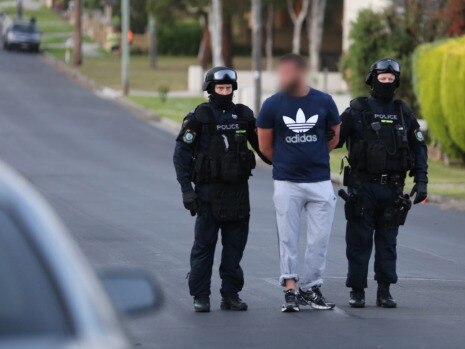
They will be taken straight from the coercive hearing to the Supreme Court to face contempt charges.
The Supreme Court can impose any sentence or conditions it sees fit for contempt. The Commission’s federal equivalent, the Australian Criminal Intelligence Commission, sends its contempt proceedings to the Federal Court — which has in some cases ordered the person to be jailed indefinitely until they decide to co-operate.
In the past year, 23 charges have been laid for refusing or failing to answer questions at a coercive hearing, knowingly giving false evidence, or failing to produce documents or things. Eleven charges related to refusing or failing to answer questions, 10 related to knowingly giving false evidence and two refused or failed to produce a document or a thing.

For those convicted in the last year, none received a custodial sentence.
Most were related to drugs or gangland murder investigations.
But that number is likely to jump on the back of the new laws.
Among the high profile criminals who have been charged by the NSW Police for refusing to answer questions at a NSWCC hearing was Talal Alameddine, a member of the Alameddine crime family.
His older brother Rafat is the alleged leader of the crime network which has been involved in a violent and bloody war with the rival Hamzy gang.
Alameddine was charged with 20 offences when he refused to co-operate with the Commission.
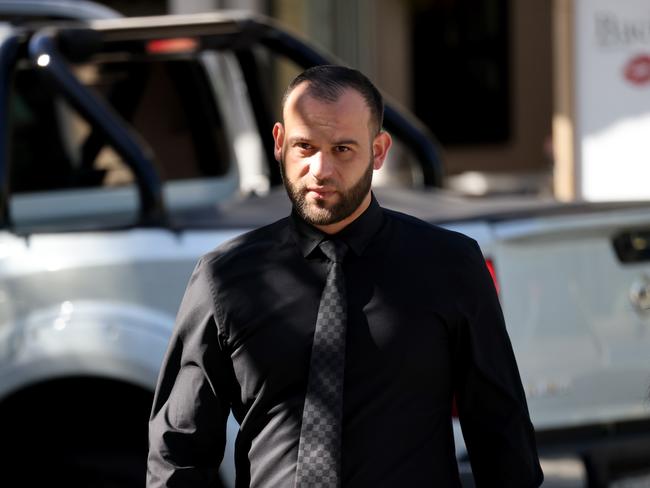
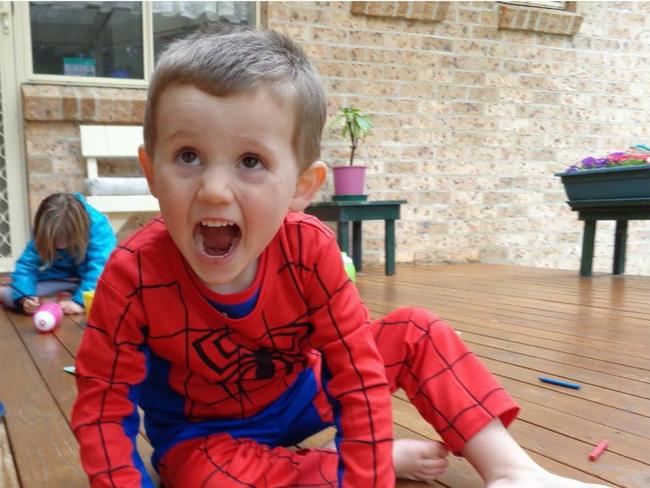
In a separate, sensational case, the foster mother of missing toddler William Tyrrell was charged but acquitted of knowingly lying to the Commission.
Police alleged the foster mum, who cannot be named for legal reasons, had lied or misled NSW Crime Commission officials during a two-day hearing when she said during her evidence that she did not strike a child (not William) with a wooden spoon.
Magistrate Miranda Moody in November found the woman not guilty of knowingly giving false or misleading evidence during the secret hearing that was examining the three-year-old’s disappearance.
Giving false or misleading evidence is an offence and carries a penalty of up to five years imprisonment.
More Coverage
Originally published as Bikies, drug lords and murderers could face going from star chamber to court





